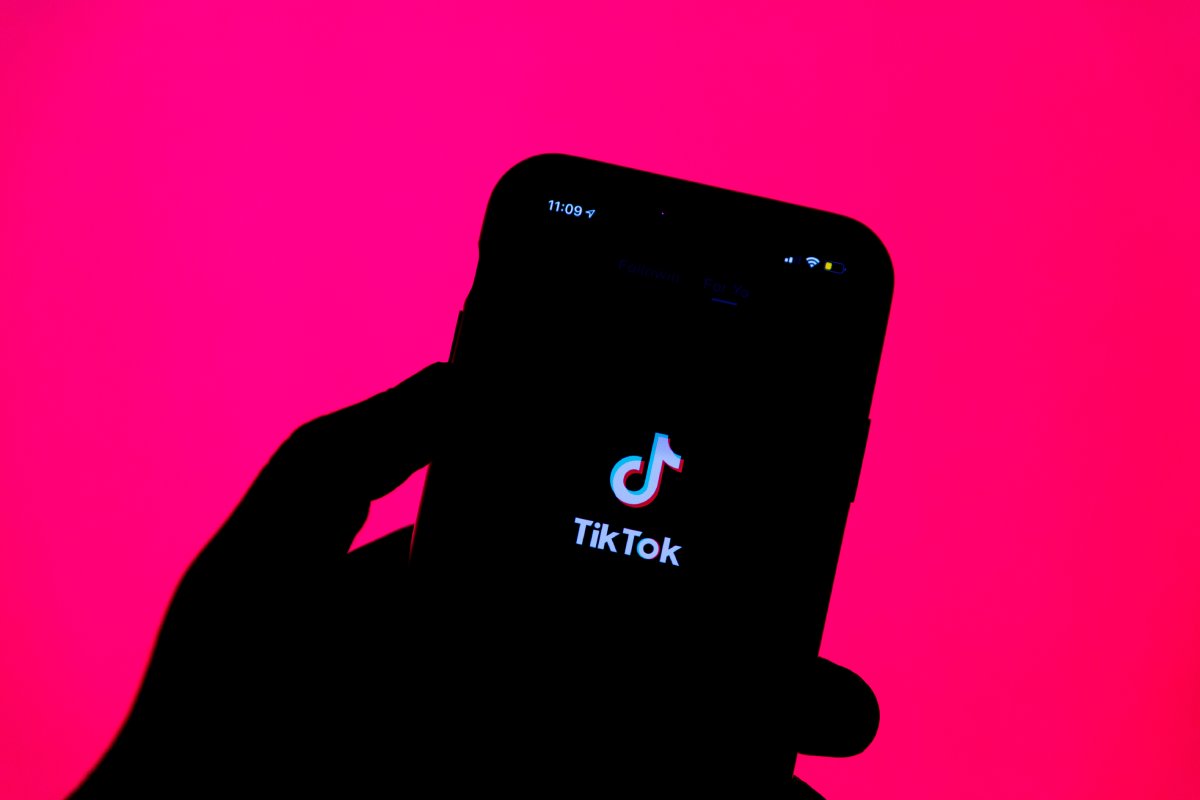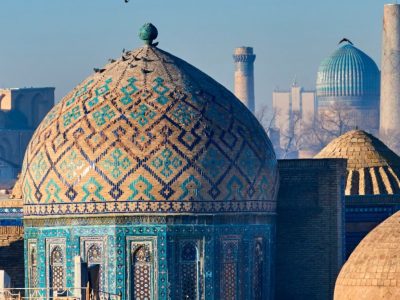Skift Take
— Dawit Habtemariam
The push to ban TikTok in the U.S. has again gained momentum – a move that would have enormous consequences for the travel industry. TikTok is one of the most popular marketing channels in the world.
For now, an outright ban is no sure thing: A bill under consideration in Congress would require a sale by TikTok’s Chinese parent company for the app to remain available in the U.S. It passed in the U.S. House of Representatives on Wednesday, but the fate in the Senate is unclear.
Still, political pressure and even partial restrictions could impede the travel industry’s use of the platform.
Why does the U.S. federal government want to ban TikTok?
TikTok is owned by a Chinese company, Bytedance. U.S. lawmakers are concerned about risks to national security: That a Chinese company has access to the data of American users and that it can control what content American users see.
In 2023, there were multiple bills to restrict TikTok. In 2022, there was a TikTok ban wave at the state government level. Under that wave, multiple state tourism boards closed their TikTok accounts.
What does the TikTok ban have to do with travel?
Travel brands are active on TikTok. They regularly promote destinations, products and services on the app through videos made either in-house or through content creator partnerships.
Some brands have developed large followings. Booking.com, Expedia, Disney Parks, and Ryanair each have over 1 million followers.
Airlines, destinations, and booking platforms are major advertisers on TikTok, with Booking.com being TikTok’s biggest customer, said Stuart Flint, who heads TikTok’s global business solutions for Europe and Israel, in an interview with Skift.
Why do travel brands like TikTok?
Some like TikTok because it gives them an opportunity to reduce their dependence on Google, especially as paid search on Google gets costlier.
“We’ve gone really heavily into TikTok,” said Matt Berna, president of Americas for Intrepid Travel in January. “A lot of us operators now feel we’re just getting milked by Google. You just have to keep paying the top bids. They’ve changed the algorithms.”
Many also like it because it enables them to reach large audiences without having a large number of followers because of its distinctive way of distributing content to people who aren’t formally following an account. Tourism boards like this feature because it can help draw attention to their hidden gem attractions.
How do Americans use TikTok for travel?
Over 170 million Americans are on TikTok. For travel, Americans use TikTok for research, entertainment, education, trip ideas, and travel tips and hacks. Many are part of niche communities and follow the recommendations of their favorite content creators.
Some Americans have also become successful content creators. Sherman “Dilla” Thomas quit his job as a ConEd lineman to produce travel content about Chicago on TikTok.
What will happen to the travel industry under a ban?
A U.S. ban would disrupt the global travel industry. Many travel brands have their headquarters and offices in the U.S. Employees in the U.S. wouldn’t be able to access their TikTok accounts.
Below is what users see when they attempt to access it in India, which banned it in 2020.

Travel brands would lose the ability to advertise on TikTok to one of the world’s largest outbound tourism markets. With such a significant market gone, they may find it better to invest their resources in other marketing channels like Instagram.
Content creators would lose their American TikTok audience, not to mention those based in the U.S. won’t be able to access TikTok altogether. Many content creators, however, have crafted audiences on Instagram. Thomas has an Instagram account with nearly 80,000 followers.










